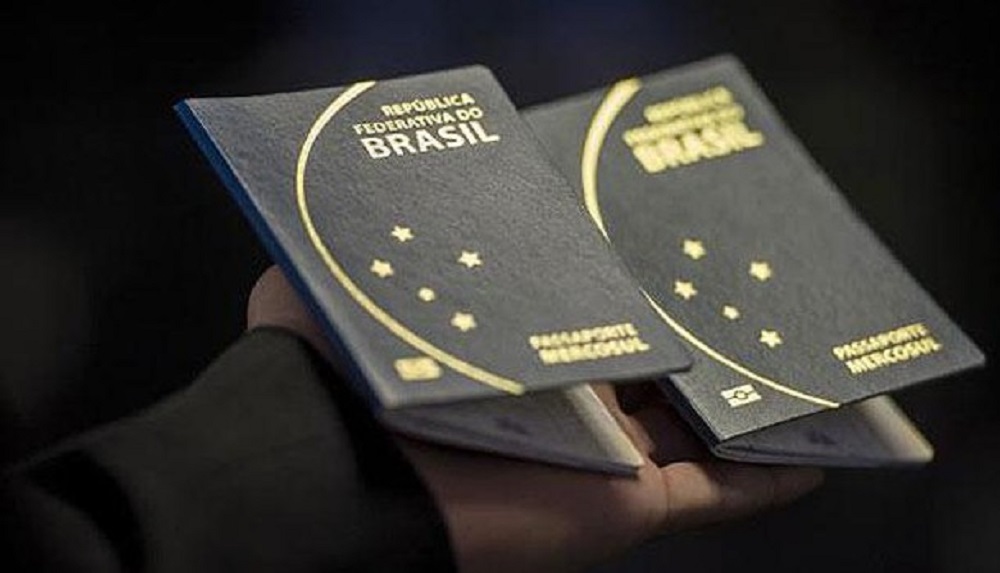RIO DE JANEIRO, BRAZIL – “Brazil’s inclusion in the Global Entry program is part of efforts to promote greater integration” between the world’s leading power and Latin America’s largest economy, according to a statement released by the government.
The two-way travel facilitation, the note adds, “is considered an effective measure to promote not only tourism, but also business and investments,” since it “encourages business contacts and cooperative interaction.”

In the statement, the government expressed its satisfaction in announcing that Brazilians interested in applying for the Global Entry program to enter the United States could do so as of Monday.
Administered by the U.S. Department of Homeland Security’s Bureau of Customs and Border Protection, the program simplifies immigration and customs procedures at some 50 U.S. airports and eliminates lines at customs.
Travelers interested in expediting immigration procedures, who must have a visa and be considered low-risk, can register in the program and, if approved and pass the prior security check, must pay US$100 to avoid lines in the immigration process.
Joining the program will not replace the visa, which is still a requirement for Brazilians.
Brazil became the 11th country to join “Global Entry,” which currently applies to citizens of Argentina, Colombia, Mexico, Panama, the United Kingdom, Germany, the Netherlands, South Korea and Canada, among others.
The inclusion of the largest Latin American country in the U.S. program began to be negotiated in 2015 by the then governments of Dilma Rousseff in Brazil and Barack Obama in the United States.
Brazil is also seeking to meet the requirements to join the Visa Waiver Program, which would allow Brazilians to travel to the United States without a visa for business or leisure visits for a period of no more than 90 days.

